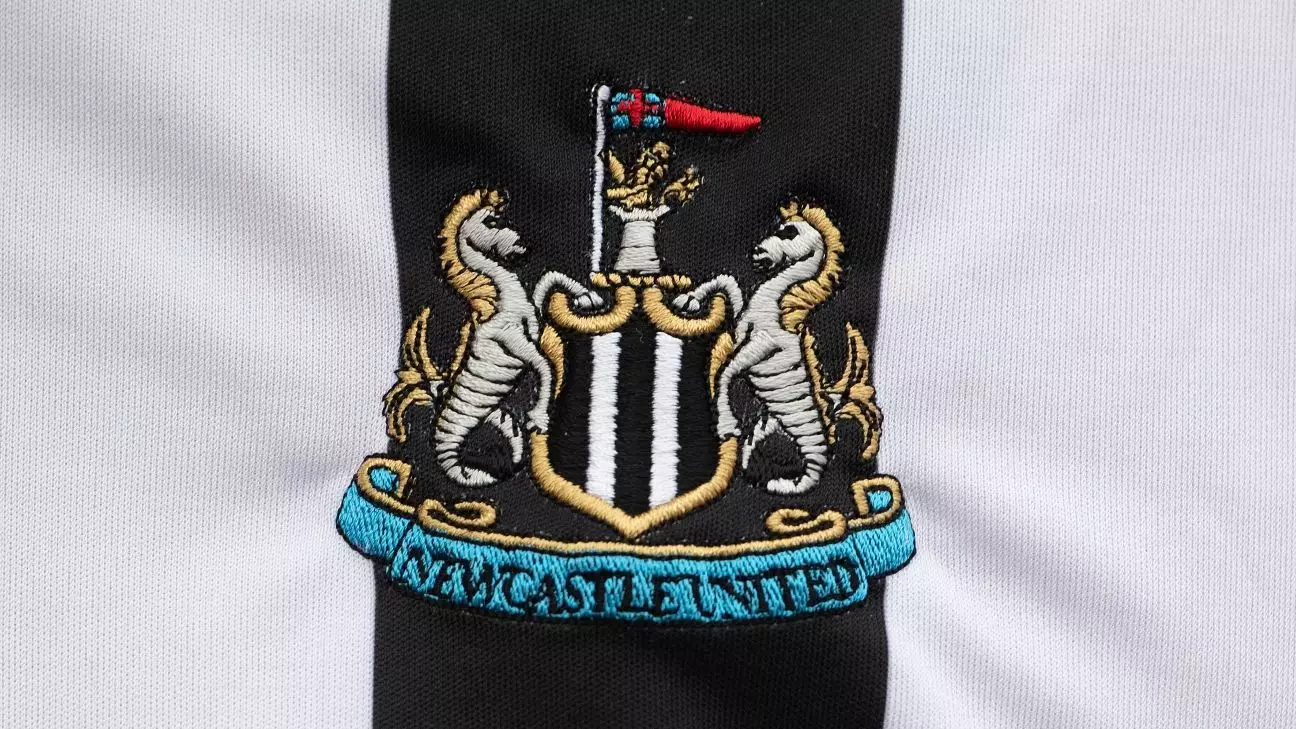The recent announcement by Newcastle United regarding a potential redesign of its historic crest has ignited a firestorm of emotions among the club’s passionate supporters. The crest, a recognizable symbol of the club since its introduction in 1988, is not merely a logo; it embodies the rich heritage of the region and serves as a rallying point for fans. The club’s management has outlined a need for modernization and adaptability in an increasingly digital world, which, while defensible in a broader context, risks alienating the very community it relies upon for solidarity and support.
Pitfalls of Engagement: A Leading Approach
Newcastle’s attempt to solicit feedback from a select group of season ticket holders and club members through an independently conducted survey has raised significant eyebrows. The Newcastle United Supporters Trust (NUST) has voiced strong concerns about the apparent bias inherent in the survey’s design, accusing it of leading respondents towards a predetermined outcome. This raises ethical questions about the transparency of the engagement process. If the intent is to genuinely reflect fan sentiment, the club should have crafted an instrument that allows for a broader array of responses, including a clear option for maintaining the status quo. A poorly designed survey not only risks yielding skewed results but also undermines the integrity of the very consultation process that the club claims to value.
FA Regulations: A Crucial Consideration
The significance of adhering to Football Association (FA) regulations cannot be overstated. For any material change to the club’s crest, it is imperative that Newcastle provides tangible evidence demonstrating that a majority of supporters are in agreement. As it stands, the controversial survey lacks the capacity to deliver such insights, potentially jeopardizing the legitimacy of any subsequent changes. The push from the NUST for a more equitable and neutral survey exemplifies the essential role that fan advocacy plays in upholding democratic practices within football clubs. If the club proceeds without adequate fan support, it risks not only breaching FA guidelines but also alienating its loyal base.
The Pulse of Tradition: A Call for Authentic Connection
At its core, the crest represents more than just a design; it is intertwined with the identity and pride of Newcastle United supporters. The elements—the castle, demi-lion, and seahorses—are deeply rooted in the city’s history, acting as a bridge between the past and present. As the club grapples with modernization, it should recognize the need for an authentic connection with its supporters. Engaging the fanbase in a meaningful and respectful manner can foster a sense of ownership and pride that defies mere cosmetic changes.
The opposition to the crest redesign is not merely about resisting change but illustrates a deeper desire to preserve cultural identity against the tides of modern commercialism. As Newcastle United navigates this crucial juncture, the path it chooses will undoubtedly influence the future dynamics between the club and its supporters, underscoring the importance of heritage in the conversation about modernization.

